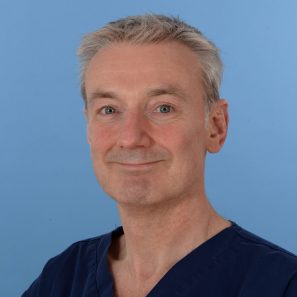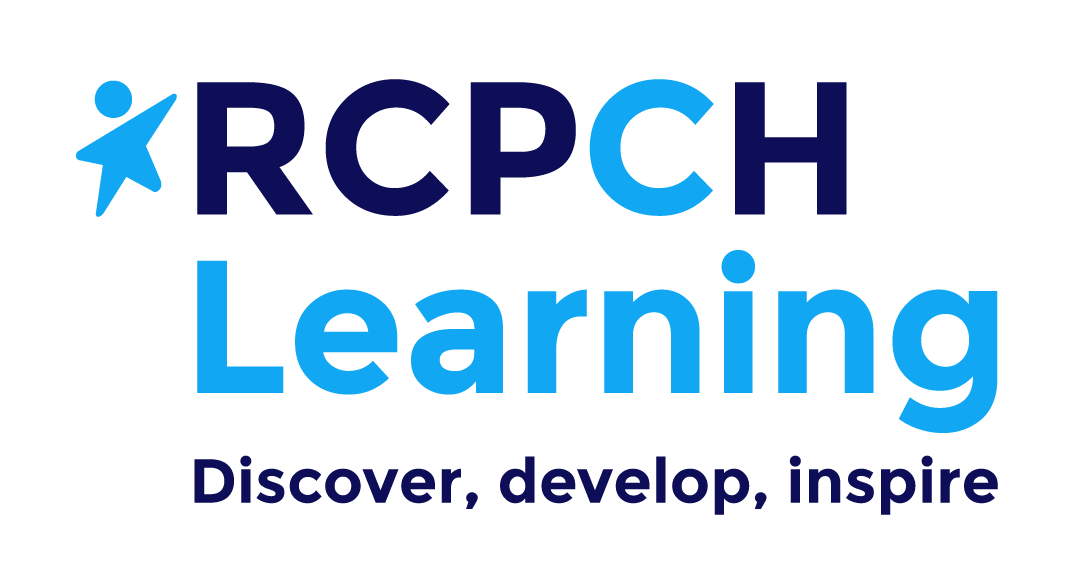Length
40 minutes
Target Audiences
- Consultant Paediatricians
- Paediatric Trainees
- General Practitioners
- Midwives
- ANNPs
Self-paced
Work through the module at your own pace.When you have completed the module, you can return at any time to re-review any of the sections.
Free
Log in with your account
How to use this page
You will find the course content below. This Detecting Anorectal Malformations – Advanced eLearning has three steps:
1 – 2) The elearning packages
3) The post-course evaluation form
Once you have completed the eLearning package, a ‘Mark complete‘ button will be available. Click this button to complete the section.
Next, complete and submit the post-course evaluation form, and click the ‘Mark complete‘ button
Once all steps have been completed, a downloadable certificate of completion will be issued on the page.
If you have any questions, please contact the RCPCH Learning team
Course information
Welcome to the Detecting Anorectal Malformations – Advanced
This course is designed by surgeons, midwives and paediatricians and aims to help healthcare professionals in detecting and dealing with anorectal malformations. It explains the Krickenbeck classification of anorectal malformations (ARMS), potential scenarios and anomalies associated with ARMs. It explains what can happen when an ARM is missed and contrasts long-term surgical outcomes after treating ARMs.
Learning objectives:
- Interpret the Krickenbeck Classification of anorectal malformations (ARMs) and differentiate the anomalies associated with ARMs.
- Appraise the incidence of missed ARMs and outline the problems that can arise when an ARM is missed.
- Contrast the long-term surgical outcomes following the treatment of ARMs and consider the impact on the patient and their family.

Mr Govind Murthi
Consultant Paediatric Surgeon
Mr Govind Murthi is a Consultant Paediatric Surgeon in Sheffield Children’s Hospital, Sheffield, UK. He specialises in Colorectal Surgery and this includes the management of children with Ano-rectal Malformations.

Mr Gregor Walker
Consultant Paediatric Surgeon
Mr Gregor Walker is a Consultant Paediatric Surgeon in The Royal Hospital for Children, Glasgow. His main subspecialist interest is Colorectal Surgery which includes the assessment, management and follow-up of children with anorectal malformation.

Mr Tom McEwan
Principal Educator within NHS Education
Mr Tom McEwan is a Principal Educator within NHS Education for Scotland and Honorary ANNP within NHS Greater Glasgow and Clyde. He has significant experience delivering NIPE training to student midwives and maternity care professionals.

Dr Porus Bustani
Consultant Neonatologist
Dr Porus Bustani is a Consultant Neonatologist at Sheffield Teaching Hospitals with interests in cardiorespiratory neonatology and education.
ACKNOWLEDGEMENTS
PEER REVIEWERS:
- Dr Marie-Ross Davie, Royal College of Midwives UK Director for Professional Midwifery.
- Miss Rhona Williams, Lecturer/ Member of Athena SWAN for the Faculty of Health Sciences, University of Hull, Hull, HU6 7RX
- Mrs Cassie Finnigan, Director, Max’s Trust, 18 Midwinter Ave, Milton, Abingdon OX14 4XA
ACKNOWLEDGEMENTS:
- Mr Ian O’Donoghue, Education and Professional Development Manager, Royal College of Paediatrics and Child Health, 5-11 Theobalds Road, London WC1X 8SH
- Parents of children for sharing their photos, videos and experiences
- Paediatric Trainees and Mid-wives for helping with the content creation
- Ms Susan Andrews, Senior midwife, NIPE lead, Sheffield Teaching Hospitals, Jessop Wing, Sheffield, S102SF
- Mr David Equeall, Medical Photographer, Sheffield Teaching Hospitals, Sheffield, Royal Hallamshire Hospital, Glossop Rd, Broomhall, Sheffield S10 2JF
- Ms Victoria Carswell, Specialist Surgical Trainee, Raigmore Hospital, Old Perth Road, Inverness IV2 3UJ
Creation and review log
| Creation/review | Date |
|---|---|
| Launch date | February 2023 |
As of 1st September 2016 the Revalidation and CPD team of the Royal College of Paediatrics and Child Health no longer allocates a number CPD credits to courses or events. The removal of credits associated with events allows delegates to record the educational benefit of the activity through written reflection, in contrast to quantifying the significance based on the time duration of the course. This is in accordance with changes made to the CPD Scheme guidelines published in April 2016.
Detailed information and scheme guidance can be found on the RCPCH website
When recording the activity, delegates should focus on the reflection and detail the following:
- What did you learn?
- What effect has/will the learning had/have on your current practice?
- What further learning or action, if any, is needed as a result of the original learning activity?
Should you have any questions regarding the removal of credits, please feel free to contact the CPD team
If you use the RCPCH CPD Diary, you can click here to visit the diary and record your learning: Log your learning on the RCPCH CPD Diary
Found an issue? Please get in touch with us:
Email us at rcpchlearning@rcpch.ac.uk